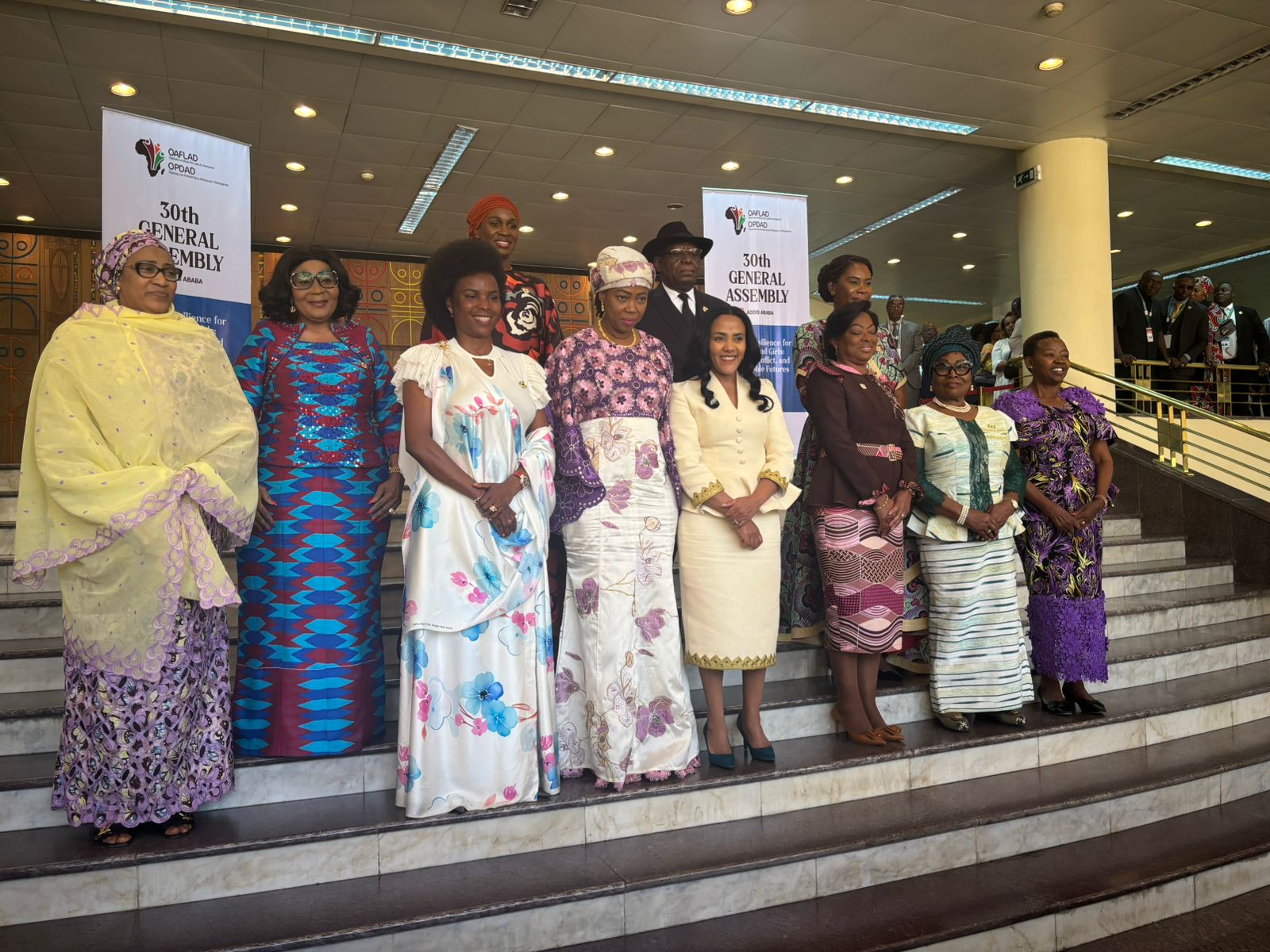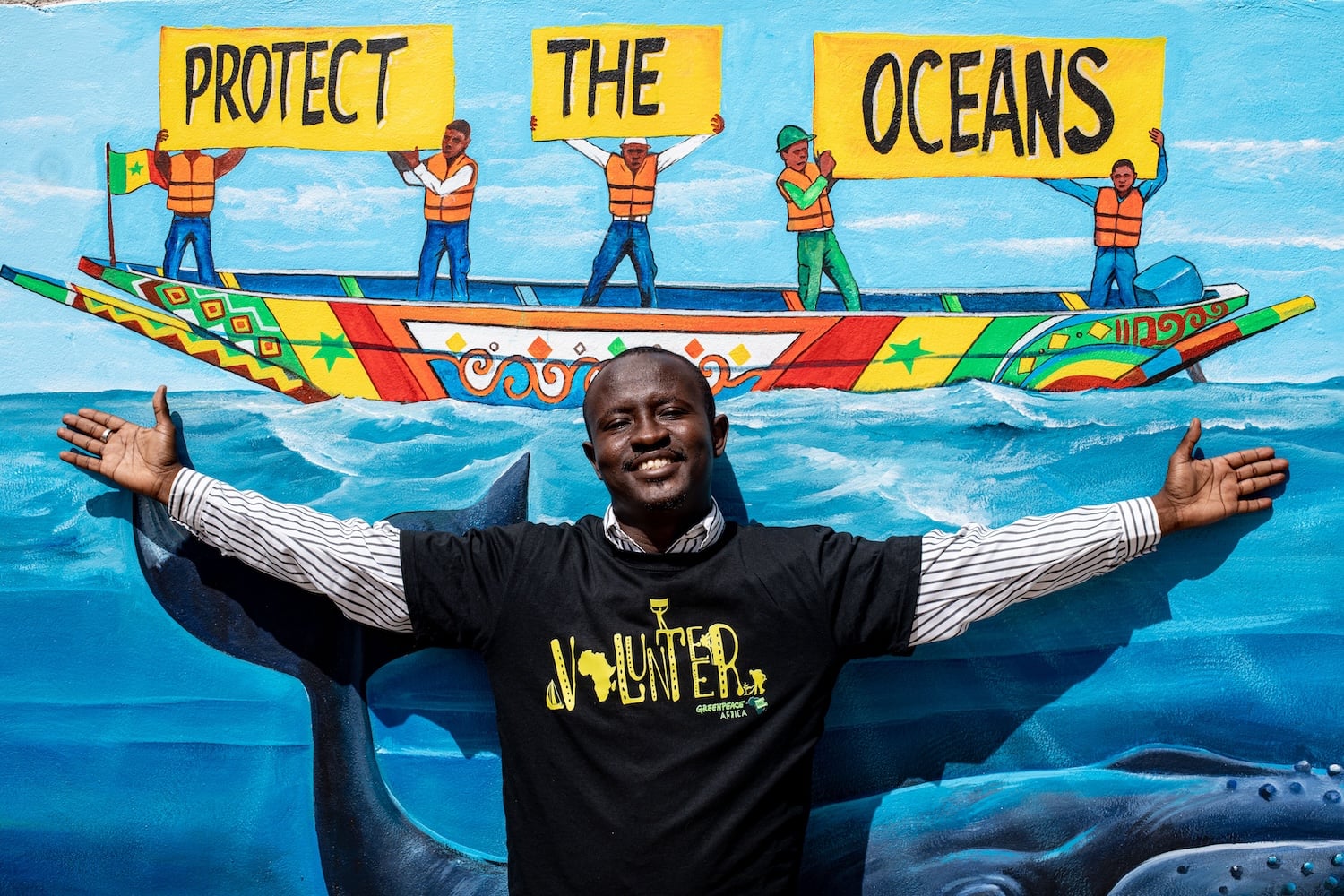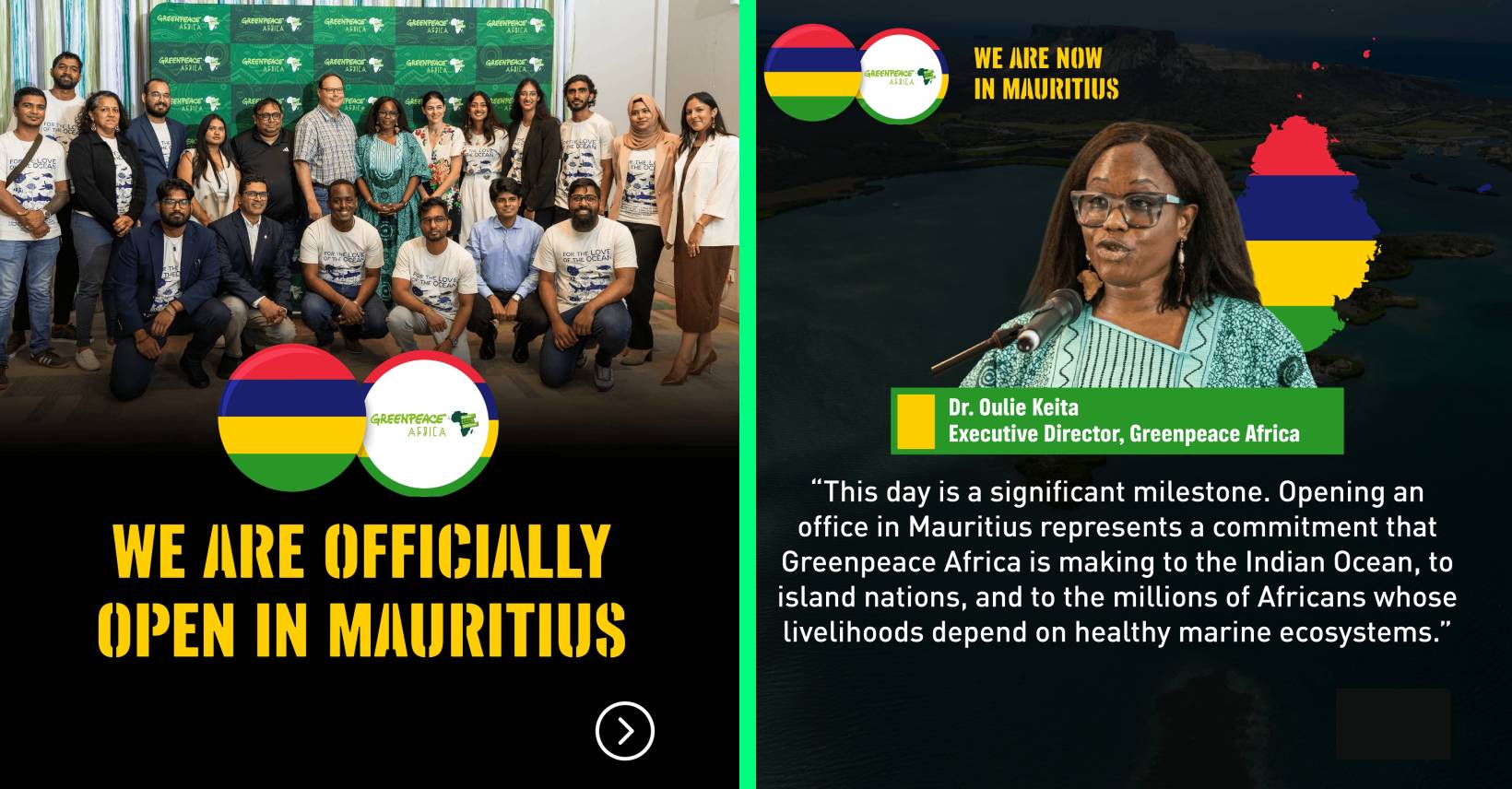Banjul, The Gambia – 09 April 2025 – Greenpeace Africa, in partnership with civil society organizations (CSOs) and local communities, has concluded a three-day capacity-building workshop in The Gambia aimed at addressing the escalating threats to marine ecosystems and food security posed by the fishmeal and fish oil (FMFO) industry.
The training brought together more than 50 participants from across The Gambia and Senegal. It aimed to strengthen grassroots resistance against the destructive expansion of the FMFO industry by enhancing knowledge, building advocacy skills, and fostering cross-border collaboration.
The workshop had four key objectives:
Raise awareness of the socio-economic and environmental impacts of the fishmeal industry on local communities.
Strengthen legal and policy literacy among CSOs, with a focus on fisheries regulations and environmental protection laws in The Gambia.
Equip participants with advocacy tools to engage decision-makers and demand sustainable fisheries management.
Facilitate cross-border knowledge exchange between Gambian and Senegalese CSOs working on similar issues.
Mamadou Kaly Ba, Ocean Campaigner at Greenpeace Africa, said:
“A single bracelet does not jingle. This is one of our core beliefs at Greenpeace Africa. This workshop is a way for us to bring that belief to life. The challenges of the fishmeal sector are the same from The Gambia to Senegal, so it makes sense for us to join forces to address them. A specific module of this workshop focused on experience-sharing, during which the Greenpeace Africa team presented good practices and success stories to CSO members in The Gambia.”
Participants engaged in in-depth sessions on the current state of the FMFO industry in The Gambia, the effects of overfishing on food sovereignty, and the shortcomings of existing regulatory frameworks. Legal experts and environmental advocates also guided CSOs on how to strategically engage with policy processes and hold industrial players accountable.
Lamin Jassey, a CSO representative from The Gambia, shared:
“Every day, we see our fish disappearing—not just from the ocean, but from the plates of ordinary Gambians. The fishmeal factories are robbing communities of both their livelihoods and their nutrition. This is not development, and we are glad CSOs from Senegal and The Gambia are coming together to share knowledge and address this issue so we can protect our oceans and preserve their wealth for our communities.”
To complement the training, participants conducted a field visit to FMFO facilities, where they documented ongoing challenges and impacts firsthand. The workshop concluded with the formal submission of a joint letter to the Minister of Fisheries, outlining key demands and proposals for policy reform, greater transparency in the FMFO industry, and enhanced protections for artisanal fishers.
The Minister expressed openness to continued dialogue with civil society, signaling a potential shift toward more participatory governance in the fisheries sector.
As the first Greenpeace Africa-organized workshop of its kind in The Gambia, the event laid the groundwork for deeper regional cooperation and the development of a unified civil society response to threats against West Africa’s oceans and food systems.
Contact Details
Ibrahima Ka Ndoye , International Communications Coordinator, Greenpeace Africa, TEL: +221 778437172, Email Address; ibrahima.ka.nndoye@greenpeace.org
Luchelle Feukeng, Communication and Storytelling Manager, [email protected], +237 656 46 35 45



